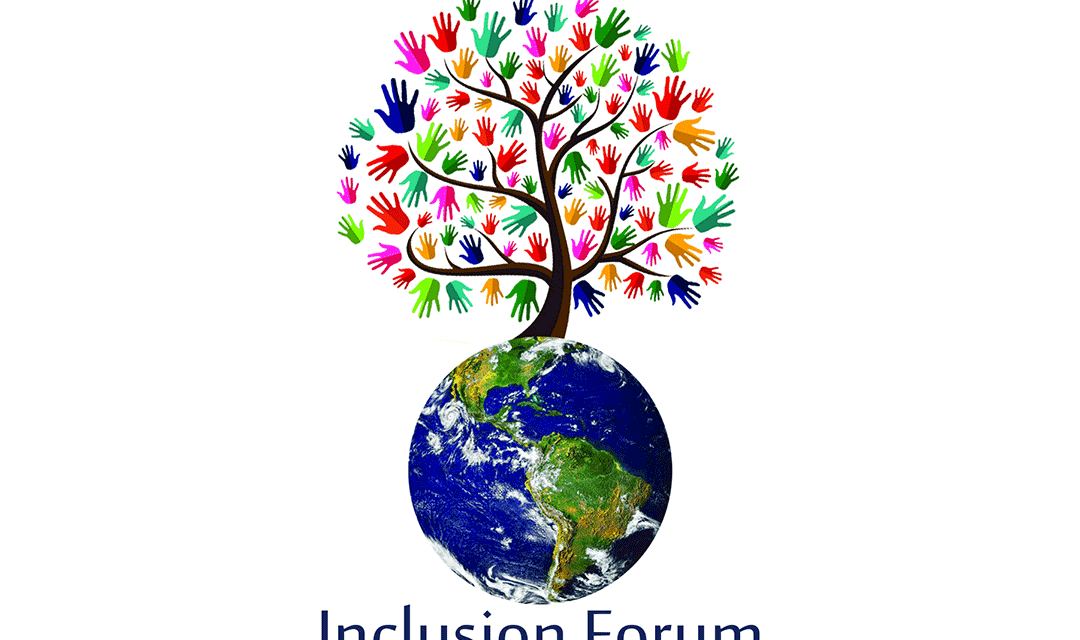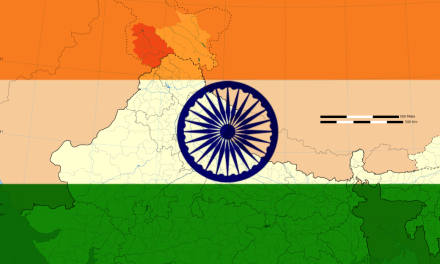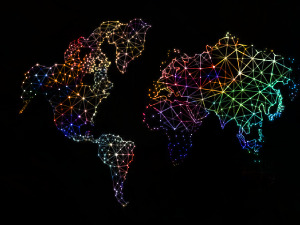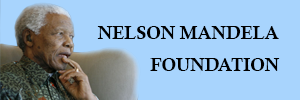Research by Department of Economic and Social Affairs (DESA 2009)
The Social Summit defined that the aim of social integration is to create an inclusive society, inwhich every individual, each with rights and responsibilities, has an active role to play.1butwhat makes some societies more inclusive than others? What are the critical elements forcreating andmaintaining an inclusive society in practical terms? An inclusive society is basedon the fundamental human rights value, that is, “all human beings are born free and equal indignity and rights. They are endowed with reason and conscience and should act towards oneanother in a spirit of brotherhood2” It is a society in which all members, regardless of theirbackgrounds, are able and motivated to participate in civic, social, economic and politicalactivities. For this to happen, legal, regulatory and policy frameworks must be inclusive, anduphold and promote just and inclusive processes in all areas of implementation, so that equalaccess to basic education, public space, facilities and information are ensured, and diversity andcultural pluralism are respected and accommodated.
As a pre-requisite, respect for all human rights, freedoms, and the rule of law, both at nationaland international levels, are fundamental. Every member of society, no matter what his or hereconomic resources, political status, or social standing, must be treated equally under the law.
Legal instruments ensure the guiding principles that will guarantee equity3, justice and equalopportunities for all citizens. Violators of human rights should be brought to justice. Thejudiciary which serves to protect just societies must be impartial, accountable and inclusive togiving weight to the opinions of those who defend the inclusiveness of the society at the local,regional and national levels. Maintaining the security of all individuals and their livingenvironment is paramount in creating a feeling of inclusion and an atmosphere of participationin society.4
To create and sustain inclusive societies, it is critical that all members of society are able andmotivated to participate in civic, social, economic and political activities, both at the local andnational levels. A society where most members, if not all, feel that they are playing a part, haveaccess to their basic needs/livelihoods, and are provided with the opportunity to participate indecision-making processes that affect their lives, is a society that will best foster principles ofinclusiveness.5
The existence of a strong civil society is fundamental for active participation and making publicpolicies and institutions accountable. It fosters a respect for the rights, dignity and privileges ofall people, while assuming that they fulfill their responsibilities within their society. There mustbe freedom for people to express diverse views and develop unconventional unique ideas.Members of society must have the confidence to engage and interact with each other, and buildmutual trust while acknowledging their differences.6
In order to encourage all-inclusive participation, there must be universal access to publicinfrastructure and facilities (such as community centers, recreational facilities, public libraries,resource centers with internet facilities, well maintained public schools, clinics, water suppliesand sanitations). These are the basic services which will create, when partly or fully put intoplace, conditions for people to have a sense of belonging by not suffering the painfulconsequence of being unable to afford them. As long as both the advantaged and disadvantagedhave equal access to or benefit from these public facilities and services, they will all feel lessburdened by their differences in socio-economic status, thus alleviating a possible sense ofexclusion or frustration.7It is important to note though, that access alone does not necessarilyensure use of public facilities, as unequal relations within communities and households mayinhibit the use of facilities by vulnerable groups.
Adressing the unequal power relations istherefore a necessary step to increase participation society, as it will make popular participation possible with well-informed members of society.Information that pertains to the society, such as what a community owns, generates, or benefitsfrom, should be made available to all. Collective participation, through accepted representationsof all classes and backgrounds, in the planning, implementation and evaluation of communityactivities should be sought after. Publication/information sharing and increasing the accessibilityof the community’s activities will eliminate doubts and suspicions which could otherwise createa sense of exclusion. The mass media can be used as an effective tool to educate and enlightenmembers of society.8
Equity in the distribution of wealth and resources is another critical element of inclusivesocieties. How the resources are allocated and utilized will significantly affect the orientation ofa society, either towards a more integrated, inclusive society, or an exclusive, polarized, anddisintegrated one. Therefore, socio-economic policies should be geared towards managingequitable distribution and equal opportunities. Inclusive policies, instructions and programs thatare sensitive to and cater to the less advantaged and vulnerable need to be put in place in allareas/sectors, including public health, and effectively implemented. There is a need for a strongmonitoring and evaluation tools to demonstrate whether inclusiveness was actually achieved, aswell as highlight areas for improvement.9
This includes societies that celebrate multiple and diverse expressions of identities. Bycelebrating diversity, there is a recognition and affirmation of the differences between andamong members of society, which enables societies to move away from labeling, categorizing,and classifying people, towards more inclusive policies. Also, enabling a diversity of opinionsprovides the checks and balances crucial for the development of society, while allowing for thegreatest amount of diverse opinions to enter every discourse.10
Education plays a critical role in this area, as it will provide opportunities to learn the historyand culture of one’s own and other societies, which will cultivate the understanding andappreciation of other societies, cultures and religions. Particularly for young people, educationprovides the opportunity to instill values of respect and appreciation of diversity. At the sametime, education can empower those who are marginalized or excluded from participating indiscussions and decision-making. Learning about the historical processes and changes allowspeople to understand the way in which they and others have been affected by socially inclusiveor exclusive policies, which ultimately influences the values, choices and judgments ofindividuals, in particular, those who are in decision-making positions.11not representative of the society, a disconnection between the people and their leaders mayeventually result. The most common way of addressing this critical element at the local level isby engaging in open consultations with members of society about municipal issues such as thebudget, and enhancing the free and timely flow of information to citizens and other stakeholders.
Popular participation in decision-making and policy formulation processes could be sought forat all levels of governance. At the same time, there must be an effort made to achieve[i]transparency and accountability by all decision-makers and stakeholders.12
Finally, there is a need to create positive narratives of an inclusive society of the future, andenable each member of society to share, understand and contribute to those narratives. Potentnarratives on the future can act like a magnet drawing society towards its envisioned future. Asociety with no vision for the future indicates a society in decline. Societies that maintain a unityof purpose, or a shared vision embraced by the community, and encourage broad-basedstakeholder participation in the formulation of that goal, will be more inclusive as every memberwill be working synergistically towards a unified objective.13
—————————————————–
1The Copenhagen Declaration and Programme of Action, Chapter 4, page 95
2Fact Sheet No.2 (Rev.1), The International Bill of Human Rights
3Equity refers to a condition in which society is characterized by justice, equality, impartiality and fairness,including fair and equal distribution of power, economic resources, opportunities, goods and services across thesocial spectrum. In an equitable society people are not excluded from the activities of society, such as education,employment, or health care and there is no bias or favoritism.
4Summary of E-dialogue on “Creating an Inclusive Society: Practical strategies to promote social inclusion”,organized by DPSD/UNDESA, 23 May – 17 June, 2007.
5Ibid
6Ibid
7Ibid
8Ibid
9Ibid
10Ibid
11Ibid
12Ibid
13Ibid
